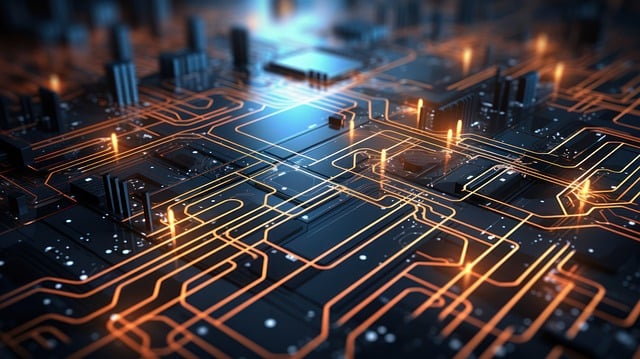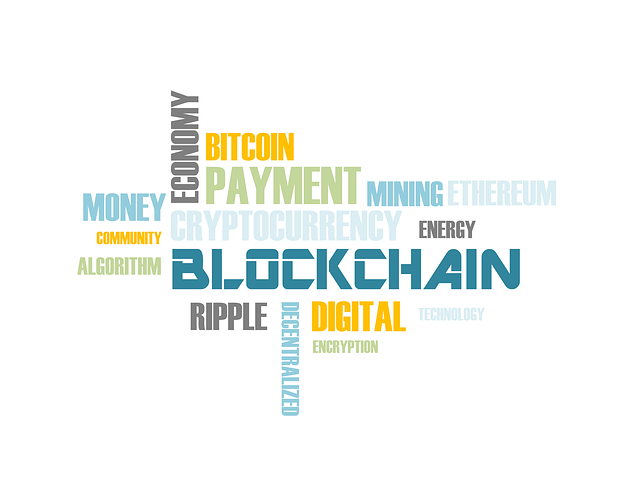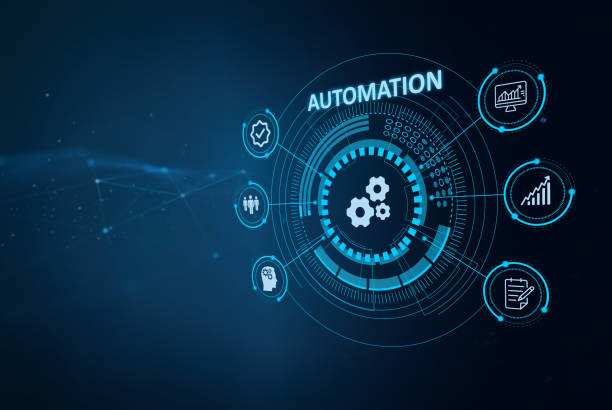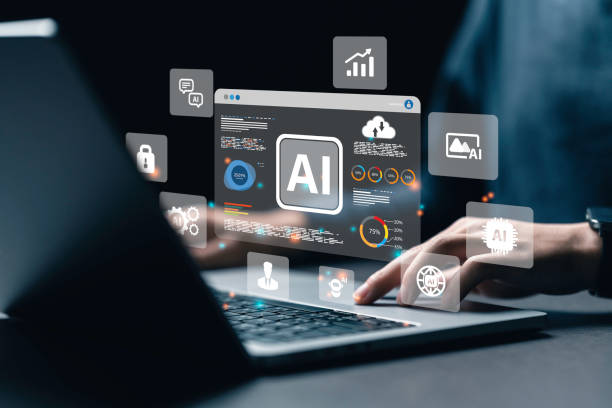Technological advancements have profoundly transformed virtually every aspect of modern life, driving innovation, efficiency, and new capabilities. From the rise of the internet to the development of artificial intelligence, technology continues to advance at a rapid pace, reshaping industries, economies, and societies. This article explores key technological advancements, their impact on various sectors, and the potential future directions of technology.

Key Technological Advancements
- Artificial Intelligence (AI) and Machine Learning (ML):
- AI Development: Artificial intelligence involves the creation of systems that can perform tasks that typically require human intelligence. This includes natural language processing, computer vision, and decision-making. AI technologies are increasingly integrated into everyday applications, such as virtual assistants, chatbots, and recommendation systems.
- Machine Learning: Machine learning, a subset of AI, enables systems to learn from data and improve their performance over time without explicit programming. ML algorithms are used in diverse applications, from personalized marketing to medical diagnostics.
- Internet of Things (IoT):
- Connected Devices: The Internet of Things refers to the network of interconnected devices that communicate and exchange data over the internet. This includes smart home devices, wearable technology, and industrial sensors. IoT enhances convenience, efficiency, and data collection across various domains.
- Smart Cities: IoT technology is a key component of smart city initiatives, where sensors and connected systems are used to optimize urban infrastructure, improve public services, and enhance overall quality of life.
- Blockchain Technology:
- Decentralized Ledger: Blockchain technology provides a decentralized and secure method for recording transactions and managing data. It underpins cryptocurrencies like Bitcoin and has applications in supply chain management, digital identity verification, and smart contracts.
- Security and Transparency: Blockchain offers enhanced security through cryptographic methods and ensures transparency by allowing all participants to access the same information. This reduces the risk of fraud and corruption.

- 5G Technology:
- Enhanced Connectivity: 5G is the fifth generation of mobile network technology, offering significantly faster speeds, lower latency, and higher capacity compared to previous generations. It supports a wide range of applications, including enhanced mobile broadband, massive machine-type communications, and ultra-reliable low-latency communications.
- Impact on Industries: 5G technology enables advancements in fields such as autonomous vehicles, telemedicine, and augmented reality, by providing the high-speed, low-latency connectivity required for these applications.
- Quantum Computing:
- Computational Power: Quantum computing leverages the principles of quantum mechanics to perform calculations at speeds far beyond the capabilities of classical computers. Quantum computers use qubits, which can represent multiple states simultaneously, allowing for complex problem-solving and data processing.
- Potential Applications: Quantum computing has the potential to revolutionize fields such as cryptography, drug discovery, and optimization problems by solving issues that are currently intractable for classical computers.
- Biotechnology:
- Genomic Research: Advances in biotechnology, including genome sequencing and gene editing technologies like CRISPR-Cas9, have opened new frontiers in medical research and personalized medicine. These technologies enable precise modifications to DNA and the development of targeted therapies.
- Biopharmaceuticals: Biotechnology also drives the development of biopharmaceuticals, including biologic drugs and vaccines, which are crucial for treating diseases and managing public health.
Impact on Various Sectors
- Healthcare:
- Precision Medicine: Technological advancements in genomics and data analytics contribute to the rise of precision medicine, where treatments are tailored to individual genetic profiles and health conditions. This approach improves the effectiveness of treatments and reduces adverse effects.
- Telemedicine: The integration of telemedicine and remote monitoring technologies enables patients to receive medical care from home, improving access to healthcare services, especially in remote and underserved areas.
- Education:
- EdTech: Educational technology, including online learning platforms, interactive tools, and digital resources, enhances the learning experience and makes education more accessible. Technologies like virtual reality (VR) and augmented reality (AR) provide immersive learning experiences.
- Data-Driven Insights: Learning analytics and AI-driven educational tools offer personalized learning experiences and insights into student performance, helping educators tailor instruction to meet individual needs.

- Business and Industry:
- Automation: Automation technologies, such as robotics and AI-driven systems, streamline manufacturing processes, improve productivity, and reduce operational costs. Robotics and automation are increasingly used in industries ranging from automotive to electronics.
- Data Analytics: Big data analytics and machine learning enable businesses to analyze vast amounts of data to gain insights, optimize operations, and make informed decisions. Predictive analytics helps companies anticipate trends and customer needs.
- Transportation:
- Autonomous Vehicles: Advances in autonomous vehicle technology, including self-driving cars and drones, promise to revolutionize transportation by improving safety, reducing traffic congestion, and enhancing mobility.
- Electric Vehicles: The development of electric vehicles (EVs) and charging infrastructure supports the transition to sustainable transportation, reducing reliance on fossil fuels and lowering greenhouse gas emissions.
- Entertainment:
- Digital Media: The rise of digital media platforms, including streaming services, gaming, and interactive content, has transformed the entertainment industry. Technologies such as VR and AR offer new ways to experience and engage with content.
- Content Creation: Advances in digital tools and software have democratized content creation, allowing individuals and small creators to produce high-quality films, music, and multimedia content.
Future Directions
- Ethical Considerations:
- Privacy and Security: As technology advances, concerns about privacy, data security, and ethical use of technology become increasingly important. Addressing these concerns requires robust policies and safeguards to protect individuals and society.
- Bias and Fairness: Ensuring fairness and mitigating bias in AI systems and data-driven decision-making is critical for preventing discrimination and promoting equitable outcomes.
- Sustainability:
- Green Technology: The development of sustainable and environmentally friendly technologies is essential for addressing climate change and reducing environmental impact. Innovations in renewable energy, energy efficiency, and waste management are key areas of focus.
- Interdisciplinary Innovation:
- Convergence of Technologies: The convergence of different technological fields, such as AI, IoT, and quantum computing, will drive new innovations and applications. Interdisciplinary research and collaboration will play a crucial role in advancing technology.
Conclusion
Technological advancements are reshaping the modern world, driving innovation and transforming industries, economies, and daily life. From artificial intelligence and quantum computing to biotechnology and renewable energy, these technologies offer immense potential for improving human well-being and addressing global challenges. As technology continues to evolve, it is essential to navigate ethical considerations, prioritize sustainability, and foster interdisciplinary collaboration to ensure that technological progress benefits society as a whole.

